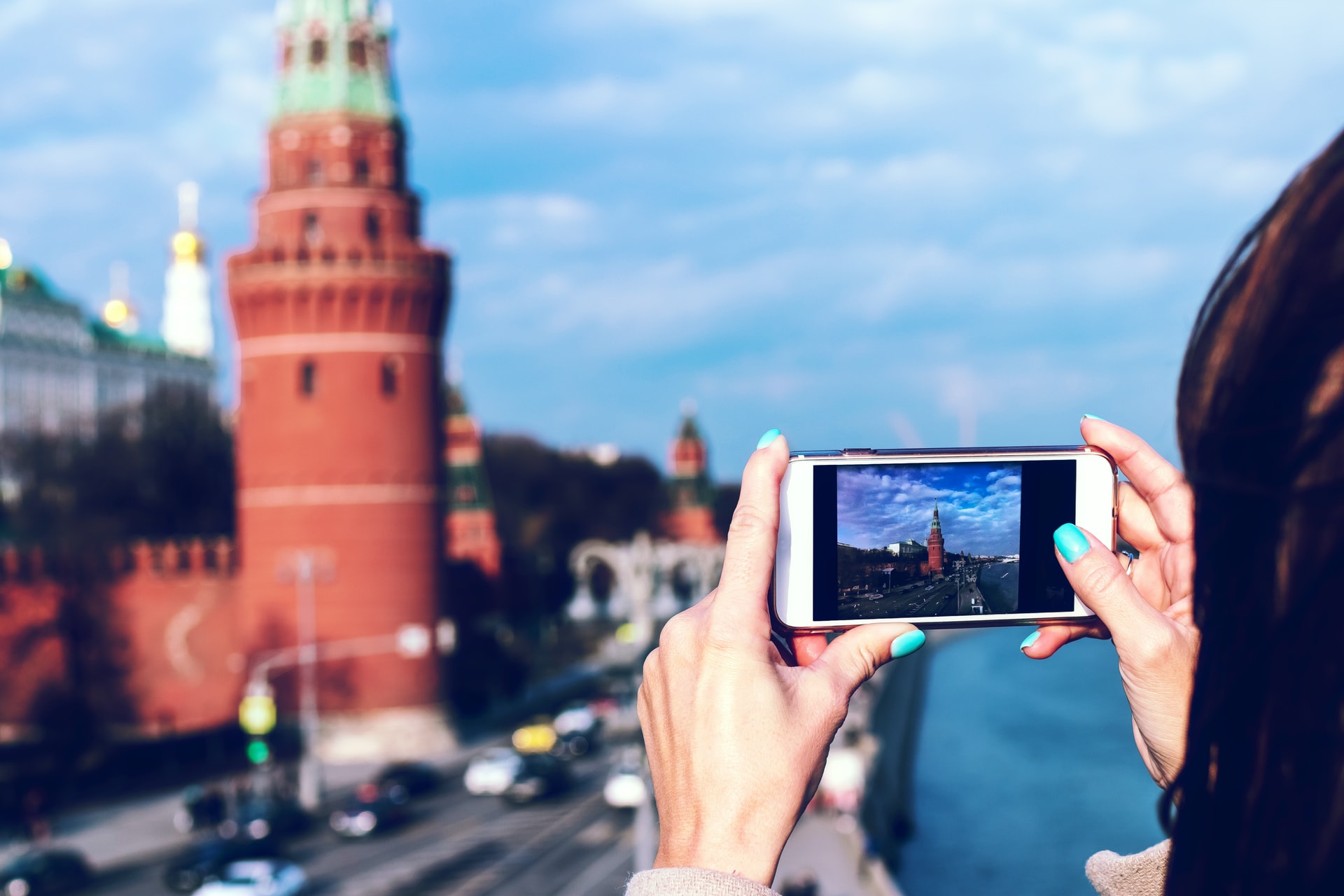Big cities provide their residents with multiple opportunities for development and learning as life in them changes rapidly. The urban environment has been a research subject of several fields of study, including urban studies, economics, social studies, anthropology, among others. Currently, researchers in the field of education science gain interest in studying cities as a part of the learning environment. Scholars of the MCU’s Research Institute of Urban Studies and Global Education presented the results of their research to RIA Social Navigator.
At the beginning of 2021, staff from the Laboratory of Socio-Cultural Educational Practices studied how teaching staff and school students visit locations in cities for learning purposes. The research has revealed that teachers and school students visit quite a limited number of places around a city. In total, teachers have named 185 locations in Moscow, including museums, theaters, parks, factories, among others. Teachers tend to choose famous places. Thus, the surveyed have recalled only 47 out of more than 400 museums in Moscow, which is nearly 10%. The most popular are The Darwin Museum, The Museum of Cosmonautics, and The Victory Museum. Besides, they have mentioned The Tsaritsyno Museum and Nature Reserve and The Kolomenskoye Museum and Nature Reserve. And, out of 200 theaters, teachers visit even less than 10%.
Unlike teachers, parents of school students prefer parks, sports groups and clubs, which are visited by more than a half of the respondents. 80% of the parents surveyed attend museums two and more times a year, and 68% of them go to theaters twice and more. Among locations in cities, parents also choose urban camps, festivals, quests, and city tours for learning purposes. Least of all, they visit art centers and libraries, with 44% and 30%, respectively, responding “never.”
The researchers argue that any location in the city may contribute to learning and development if teachers, parents, and students approach the process with creativity and curiosity to themselves and the world around them.
Anastasia Rossinskaya, a senior research fellow at the Laboratory and the coordinator of the Master’s program “Educator-Researcher of the Urban Environment“, commented on the educational potential of the urban environment:
At our Master’s program and advanced training programs for teachers from Moscow schools, we teach to ask questions to the urban environment so that any location becomes a learning source. We try to introduce the approach to the activities of the teaching staff at schools and universities, educators at museums, and librarians working with children, meeting them at the School of Educational Urban Studies.
Find more detailed results of the research here.

